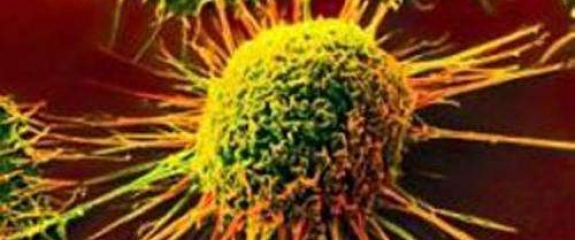Scientists create 'guided chemotherapy missiles' that target cancer cells and spare healthy ones

There's a good, bad and ugly to cancer chemotherapy. The good is that the drugs do often effectively kill cancer cells. The bad is that the drugs also damage other quickly dividing cells in the body, causing side effects ranging from cosmetic, like hair loss, to disabling.
The ugly occurs when the drug dose needed to kill a tumor is more than what a person's body can handle. This might happen if the tumor doesn't have much of a blood supply and very little of the drug, which is delivered through the bloodstream, can get in. A dose high enough to infiltrate the tumor could be deadly to other cells in the body. Some recently approved therapies get around this problem using antibodies to deliver a drug directly to tumors, bypassing healthy cells and possibly overcoming some of the uglier aspects of cancer chemotherapy.
Now Jennifer Cochran, associate professor of bioengineering, has built on this antibody approach using an engineered protein rather than an antibody to direct the drug to the tumor. Although the two techniques are conceptually similar, the specialized protein has the potential advantage of being able to pass through the barrier that protects the brain, thereby being able to treat brain tumors. It is also smaller than the antibody and might be able to reach dense tumors with little blood supply.


